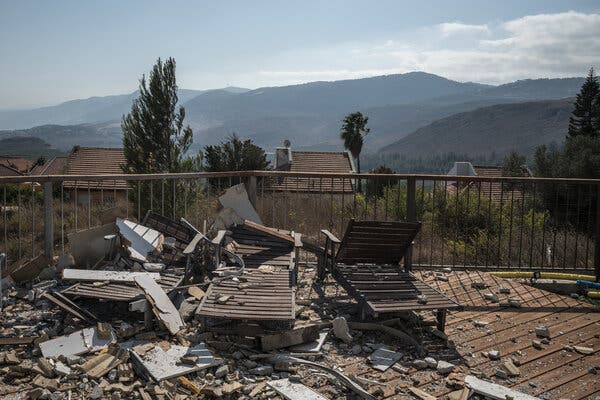Each side must predict how the other will react to avoid mutual destruction.

For years, the conflict between Israel and Iran had unofficial but fairly clear rules, allowing the enemies to maintain an uneasy equilibrium in the Middle East.
Neither wanted all-out war, so both kept within certain boundaries. At times of rising tension, they stepped back from the brink.
Scholars of game theory say this is a common pattern. In conflicts that simmer over many decades, tit-for-tat actions and reactions often develop into mutually understood “rules of the game” that deter open warfare, said Daniel Sobelman, a professor at Hebrew University in Jerusalem. He is literally writing the book (or at least a book) on game theory in the region, as author of the forthcoming “Axis of Resistance: Asymmetric Deterrence and Rules of the Game in Contemporary Middle East Conflicts.”
But the events of the past few weeks, including Israel’s successful attacks on Iran’s proxy in Lebanon, Hezbollah, and the volley of ballistic missiles that Iran launched against Israel on Tuesday night, have demonstrated that the old rules no longer apply.
Now, the question is whether Israel and Iran will reach a new equilibrium that stops short of a full-blown conflict — or if the dangerous new mix of uncertainty and aggression will send the Middle East spiraling into all-out war.
War games
It is an idea that sounds so simple as to be almost callous, yet its implications are so powerful that it won a Nobel Prize: Wars — both fighting them and preventing them — are essentially games of prediction.



